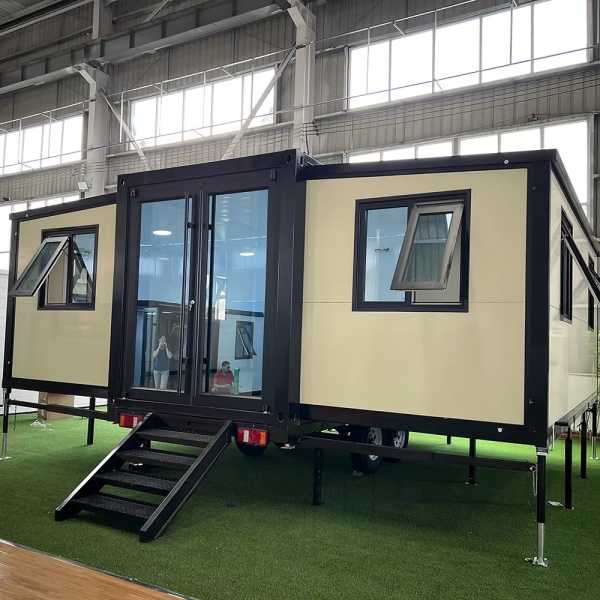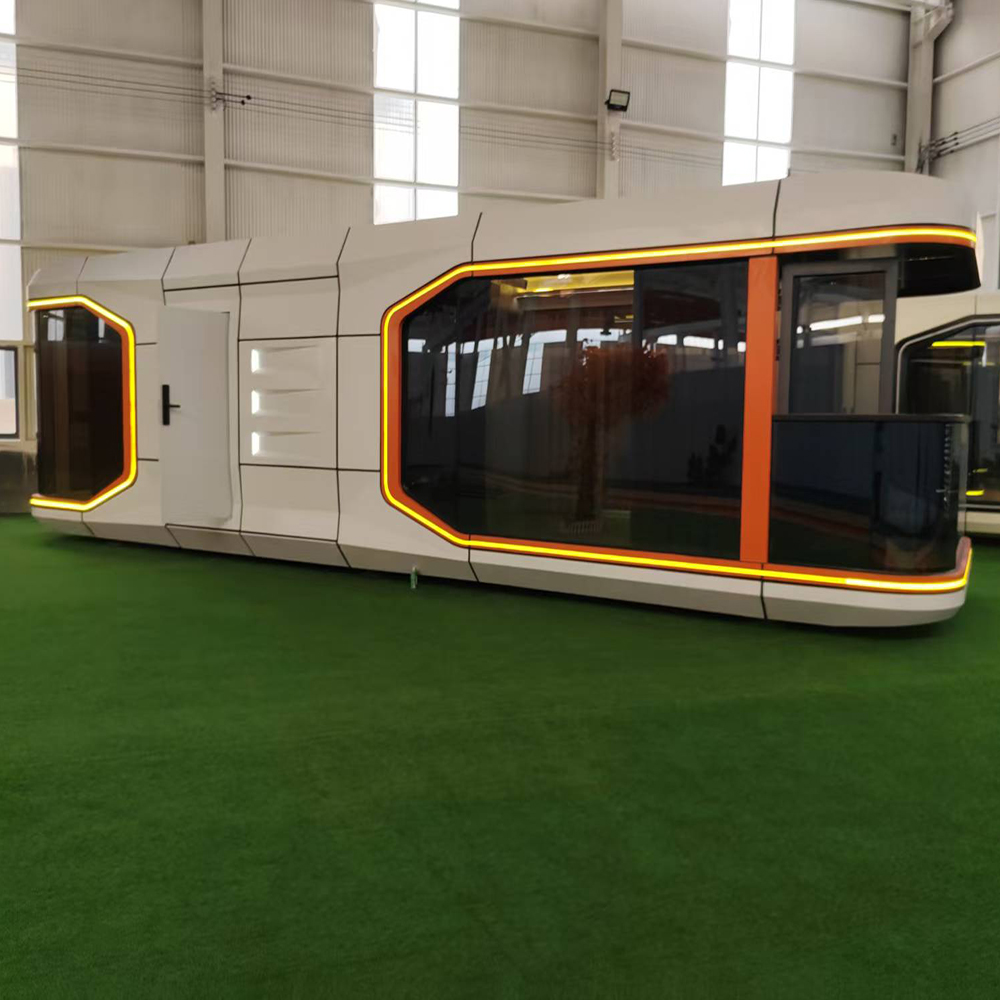-
E-mail
Austin120521@outlook.com -
E-mail
sales@jujiuhouse.com -
Telephone
+86-17864099991 -
Telephone
+86-17854044442
- Chinese
- French
- German
- Portuguese
- Spanish
- Russian
- Japanese
- Korean
- Arabic
- Irish
- Greek
- Turkish
- Italian
- Danish
- Romanian
- Indonesian
- Czech
- Afrikaans
- Swedish
- Polish
- Basque
- Catalan
- Esperanto
- Hindi
- Lao
- Albanian
- Amharic
- Armenian
- Azerbaijani
- Belarusian
- Bengali
- Bosnian
- Bulgarian
- Cebuano
- Chichewa
- Corsican
- Croatian
- Dutch
- Estonian
- Filipino
- Finnish
- Frisian
- Galician
- Georgian
- Gujarati
- Haitian
- Hausa
- Hawaiian
- Hebrew
- Hmong
- Hungarian
- Icelandic
- Igbo
- Javanese
- Kannada
- Kazakh
- Khmer
- Kurdish
- Kyrgyz
- Latin
- Latvian
- Lithuanian
- Luxembou..
- Macedonian
- Malagasy
- Malay
- Malayalam
- Maltese
- Maori
- Marathi
- Mongolian
- Burmese
- Nepali
- Norwegian
- Pashto
- Persian
- Punjabi
- Serbian
- Sesotho
- Sinhala
- Slovak
- Slovenian
- Somali
- Samoan
- Scots Gaelic
- Shona
- Sindhi
- Sundanese
- Swahili
- Tajik
- Tamil
- Telugu
- Thai
- Ukrainian
- Urdu
- Uzbek
- Vietnamese
- Welsh
- Xhosa
- Yiddish
- Yoruba
- Zulu
- Kinyarwanda
- Tatar
- Oriya
- Turkmen
- Uyghur

China flat pack expandable modular container house
The Rise of China’s Expandable Modular Container Houses
In recent years, the concept of flat pack expandable modular container houses from China has gained momentum, especially among those looking for quick yet durable housing solutions. While these structures offer immense potential, there are certain nuances that one should be aware of before jumping on the bandwagon.
Understanding the Basics
At its core, the idea is relatively simple: create housing that can be easily shipped and assembled with minimal hassle. However, the execution is where things get interesting. Companies like SHANDONG JUJIU INTEGRATED HOUSING CO, LTD are leading this charge with innovative designs and efficient manufacturing processes.
Shandong Jujiu Integrated Housing Co., Ltd. has positioned itself as a critical player, blending research with practical design to create sustainable housing solutions. Their focus goes beyond just producing the structures; it includes a keen attention to optimization and practical usage in diverse environmental conditions.
Now, if you’ve ever tried to put together one of these container houses, you'd know it's not always straightforward. While the marketing material might suggest a plug-and-play experience, real-world assembly can be fraught with unexpected challenges.
Real-life Assembly: An Unexpected Journey
I remember a particular project where we were tasked with setting up these modular units in a harsh, remote area. While the plan seemed flawless on paper, things quickly went awry with unforeseen weather conditions affecting not only the build time but also the integrity of some materials.
One thing we learned was the importance of proper site preparation. Despite the inherent advantage of the modular approach – namely, reduced need for a robust foundation – certain environments demand more rigorous planning. Skipping this step can lead to instability later on.
Another hiccup can come in the form of gaps between units. Despite precision engineering, practical tolerances can be a different ball game. This is where companies like Jujiu make a difference with their extensive pre-production testing and quality control measures.
Design Innovations and Material Insights
The role of design in these houses cannot be overstated. Not just any flat pack will do; considerations about local climate and lifestyle must inform material choice and spatial design. Jujiu’s light steel structures are particularly notable for balancing weight and strength, making transport and installation easier without sacrificing durability.
Speaking of materials, there's a whole ecosystem to consider. From insulation to rust-proof coatings, each component needs to be integrated thoughtfully. These are the crucial elements that transform what could be a simple box into a compliant, comfortable dwelling.
Designers have even started tailoring these units for specific cultural or aesthetic preferences, offering greater personalization. This might seem trivial but can make all the difference in ensuring the structure feels less 'temporary' and more like home.
Overcoming Challenges in Installation
One common issue I've observed involves misjudging installation timelines. Speed is a selling point, yet rushing can lead to overlooked details, like improperly sealed joints which could later lead to leaks or drafts.
On one project, our team underestimated the need for specialized connectors, which led to delays. Having robust backup plans and supplier relationships can save massive costs and headaches. Here, Shandong Jujiu’s comprehensive support and consultancy service comes in handy, guiding clients through potential pitfalls.
There's also an onus on the builder to ensure compatibility with local regulations. Sometimes, standard designs might need tweaks to comply with local building codes, especially concerning electrical and plumbing integrations.
Long-term Durability and Maintenance
Once installed, one might assume the journey ends there. However, like any structure, these modular container houses require upkeep. Weather impacts, mechanical wear, and even potential relocations can stress over time.
Preventive measures are crucial. Regular checks and maintenance, perhaps more frequent than traditional housing, can ensure longevity. Things like resealing joints or even re-coating exterior panels shouldn't be neglected if long-term durability is a goal.
Ultimately, the promise of China’s flat pack expandable modular container houses lies in their flexibility and efficiency. However, success demands attention to detail, diligent planning, and a solid understanding of local conditions. Those considering this option would do well to seek insights from experienced suppliers like Shandong Jujiu, who combine cutting-edge technology with practical, on-the-ground wisdom.
Related products
Related products
Best selling products
Best selling products-
 Hot-selling foldable container houses, expandable prefabricated houses, suitable for office or living use, with fast delivery.
Hot-selling foldable container houses, expandable prefabricated houses, suitable for office or living use, with fast delivery. -
 Waterproof folding container house – mobile accommodation for campsites/scenic spots
Waterproof folding container house – mobile accommodation for campsites/scenic spots -
Two Wing Folding Expandable Container House
-
 The foldable container house with side wing design can be quickly set up and is suitable for various environments.
The foldable container house with side wing design can be quickly set up and is suitable for various environments. -
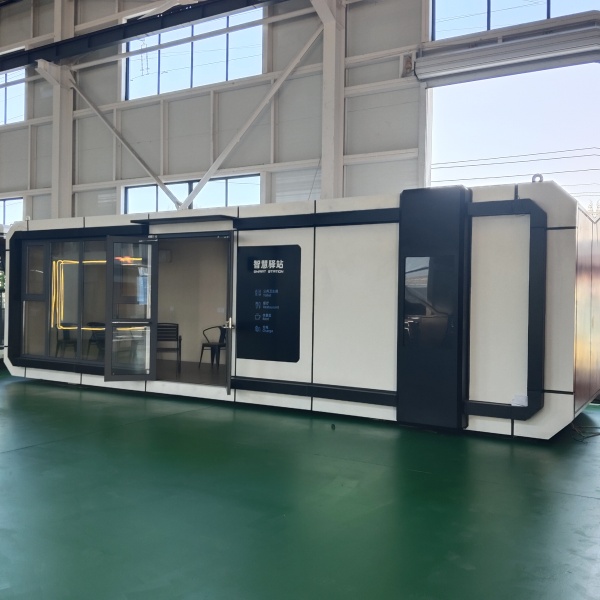 Modular modern movable apple cabins, customized high-end folk houses and portable bedrooms, delivered as a whole
Modular modern movable apple cabins, customized high-end folk houses and portable bedrooms, delivered as a whole -
 Dual-Wing Folding Container House: Fast Assembly, Space-Saving & Multi-Scene Adaptable
Dual-Wing Folding Container House: Fast Assembly, Space-Saving & Multi-Scene Adaptable -
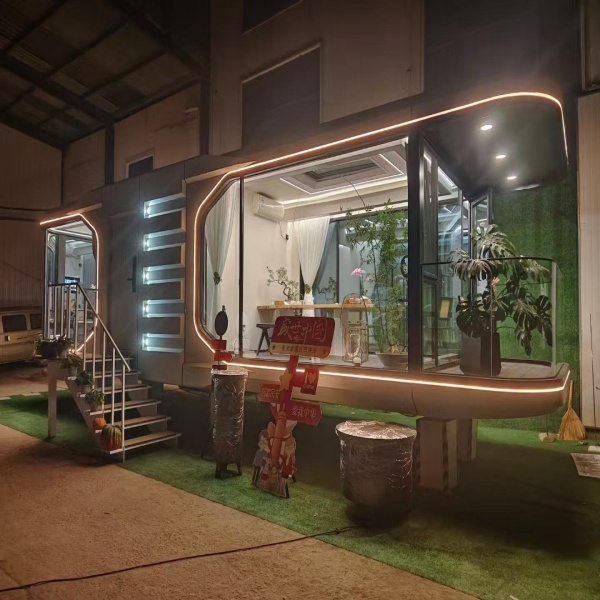 Outdoor ecological capsule rooms, luxury pods, space capsule hotel rooms, prefabricated space capsules, container houses
Outdoor ecological capsule rooms, luxury pods, space capsule hotel rooms, prefabricated space capsules, container houses -
 High-quality Double-wing Folding Container House with Doors and Windows, Insulated Walls, Suitable for Various Scenarios.
High-quality Double-wing Folding Container House with Doors and Windows, Insulated Walls, Suitable for Various Scenarios. -
 Movable Prefabricated Container House Villas Modular Portable Homes 1 Bedroom Container House Offices Apartments
Movable Prefabricated Container House Villas Modular Portable Homes 1 Bedroom Container House Offices Apartments -
 Luxury Foldable Two Story Container House for Glamping Resort and Villa Hotel
Luxury Foldable Two Story Container House for Glamping Resort and Villa Hotel -
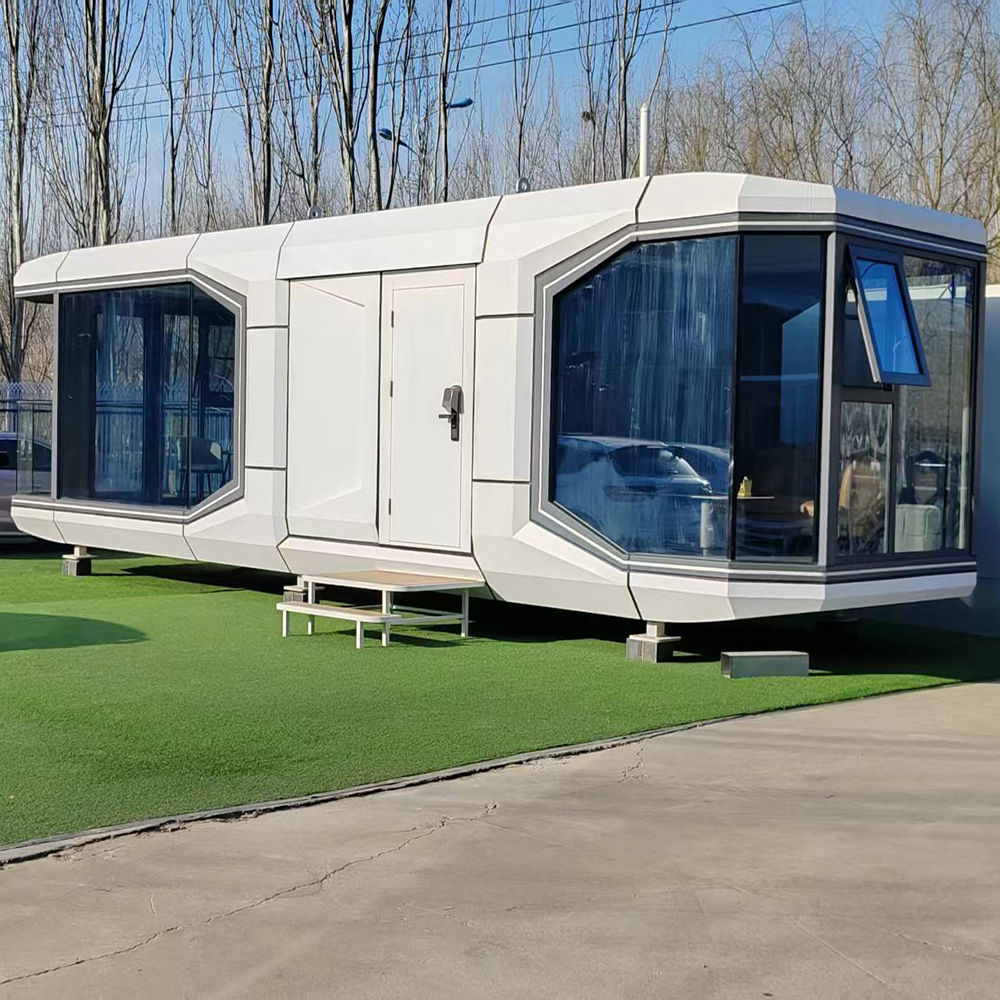 Luxury High Quality 2 Bedroom Container Home Prefabricated Steel Space Capsule for Office Shop Hotel or Outdoor House
Luxury High Quality 2 Bedroom Container Home Prefabricated Steel Space Capsule for Office Shop Hotel or Outdoor House -
 Easy Install Customized Detachable Container Homes Extendable House Prefab 2 Floors Expandable Container House
Easy Install Customized Detachable Container Homes Extendable House Prefab 2 Floors Expandable Container House
Related search
Related search- wholesale expandable container house 40ft luxury
- China prefab container house
- 40 ft expandable container house
- China modular prefab prefabricated shipping container house home
- the folding house
- China fold out tiny home
- prefabricated home folding container house
- Buy folding house on wheels
- folding caravan container house
- Buy fold out modular homes









